In the 2024 study abroad season, many US universities will continue to maintain a "test-optional" admissions policy, which means that applicants are not required to submit standardized test results such as the SAT or ACT. Data from the National Center for Fair and Open Testing in the US shows that there are currently 2,008 US colleges and universities applying this policy, accounting for about 86% of the total number of schools and this number is nearly double compared to the time before the pandemic.
The "entrance" is narrower
Ms. Khuat Khai Hoan, founder of the American Education Organization AEG, pointed out another reality: the number of international students coming to the US has decreased by about 1 million people, leading to universities no longer having the financial resources they used to have. This directly affects the number of scholarships, financial aid levels and admission requirements as many schools change their scholarship and financial aid policies for international students, some schools have reduced them by half.
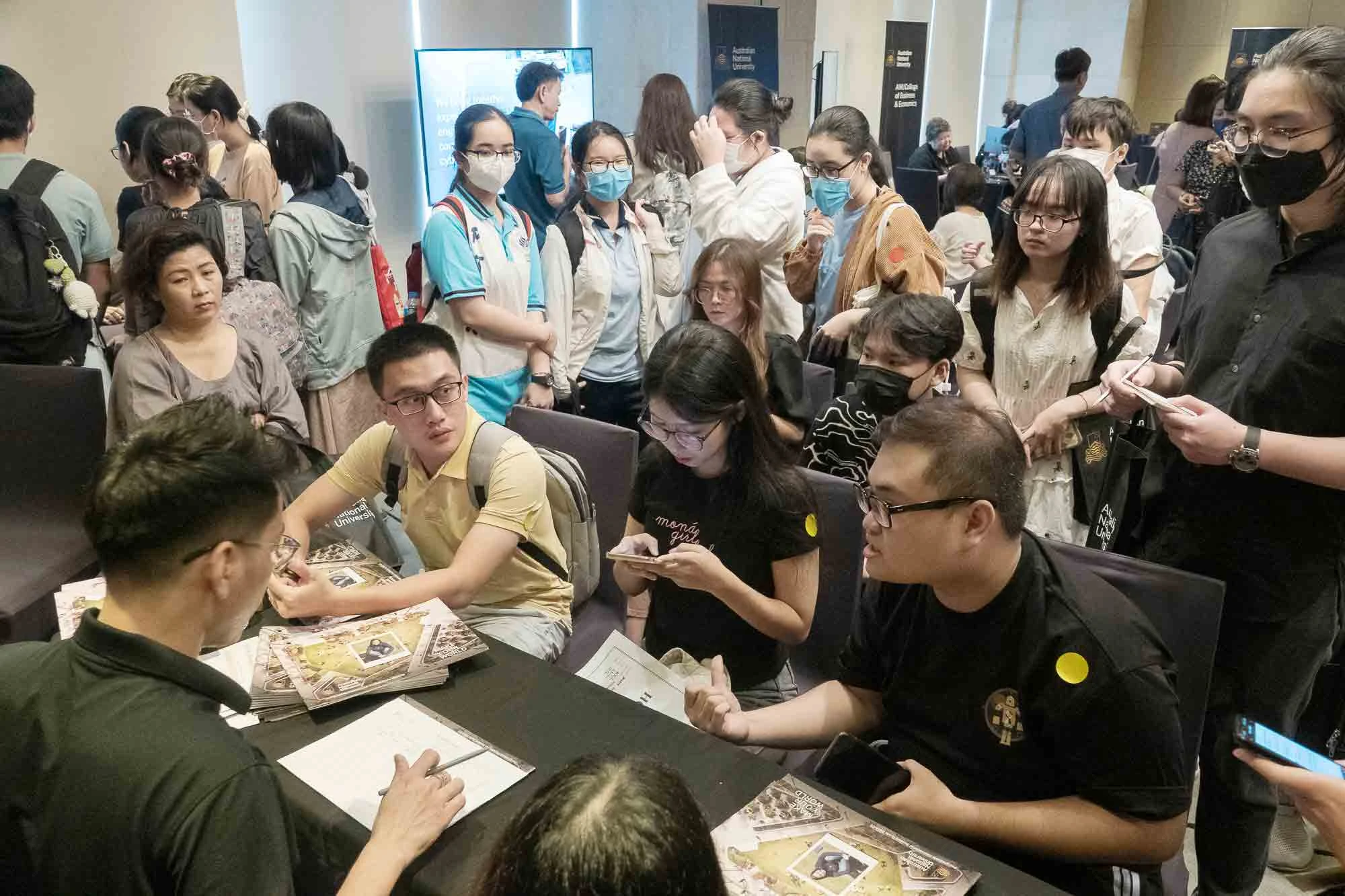
In 2024, popular English-speaking study abroad countries such as the UK, Australia, Canada... will all have adjustments in their study abroad policies.
In the UK, Ms. Mai Huu Hanh, Director of Admissions and Academics at EFA Vietnam Education and Training Consulting Company, said that many schools have closed their admissions portals early for some majors in 2023 due to the "explosion" in the number of applications. For example, some schools have stopped accepting applications since the end of January for the September intake. "Therefore, you should quickly "finalize" your favorite major and university to prepare your application carefully and submit it on time," Ms. Hanh advised.
Another restriction is that international master's students coming to the UK from January 2024 will not be allowed to bring their families with them. This move by the British government is aimed at reducing the number of migrants and preventing the abuse of student visas to stay illegally and find work in this country. However, the above policy does not apply to international doctoral and post-doctoral students whose study programs last 3-4 years or more, Ms. Hanh noted.
China, which used to attract students thanks to its "easy" admission, has now also begun to tighten its admission process due to the sudden increase in the number of international students, according to Master Nguyen Duy Viet, Director of Hoa Ngu Study Abroad Company Limited. Specifically, many schools this year require candidates to prove their financial status and have a Chinese proficiency certificate (HSK) level 4 or higher, although few places previously required it. With government scholarships, some schools require candidates to attend 3-4 rounds of review such as interviews and entrance exams.
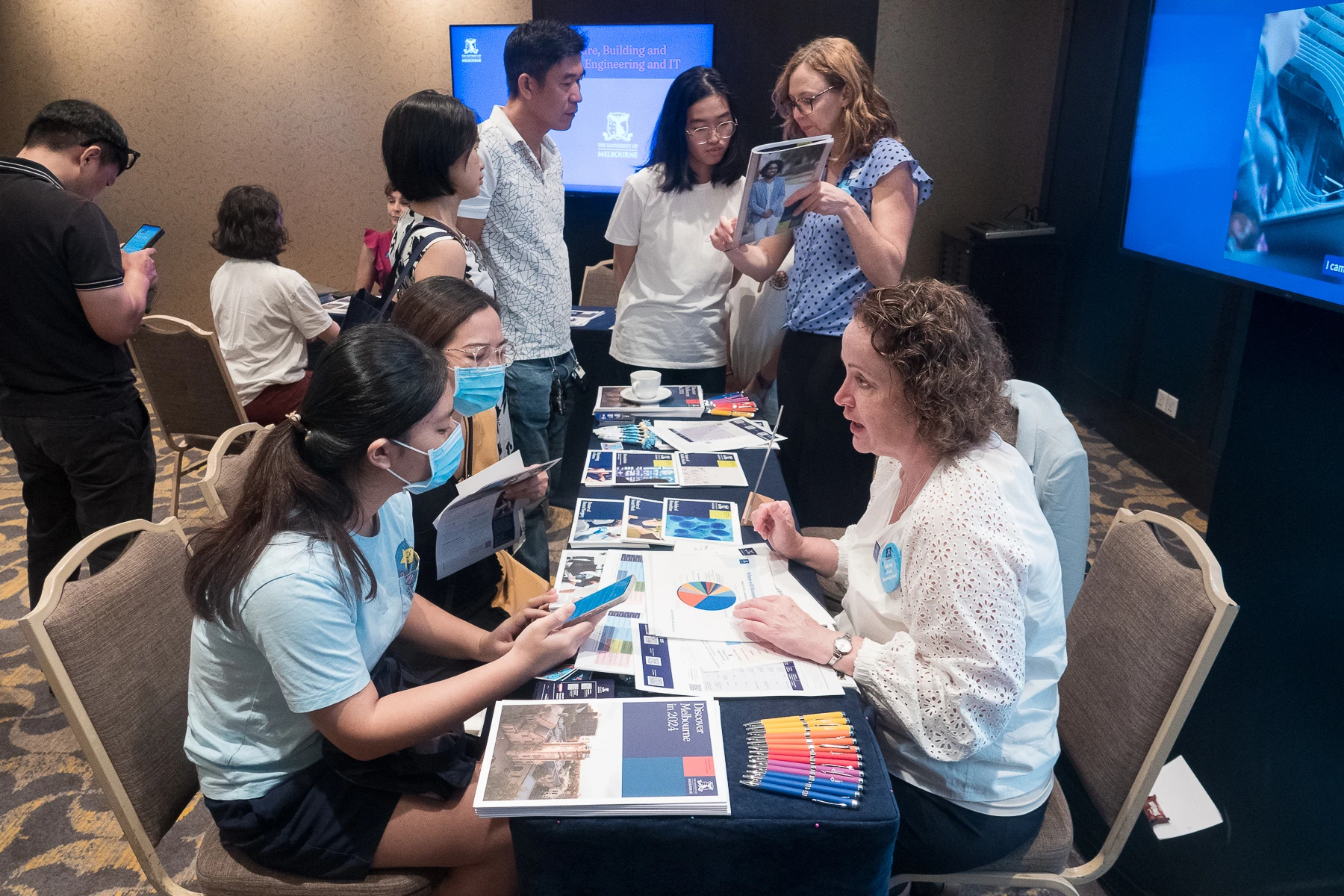
Vietnamese parents and students came to listen to a live sharing from a representative of an Australian university in October.
"Open the door" to review and work
Studying abroad without financial proof is a priority visa program that Canada applies in 14 countries, including Vietnam. Previously, this program required applicants to achieve 6.0 IELTS, no skill below 6.0 or other equivalent certificates, but now the "standard has been lowered", only considering the total score. At the same time, this program also began to recognize new certificates such as TOEFL iBT, PTE Academic from August 2023.
Ms. Lu Thi Hong Nham, Director of Duc Anh Study Abroad and Translation Consulting Company, said that more and more schools in Australia, including top schools, are recruiting Vietnamese students directly based on their academic records and English certificates, each school has different criteria. Scholarship conditions are also based on these two factors, with the value mostly ranging from 20 - 50% of tuition fees. In addition, if they graduate from a field on the priority list, Vietnamese students are also allowed to stay for an additional 1 - 2 years depending on the level of study.
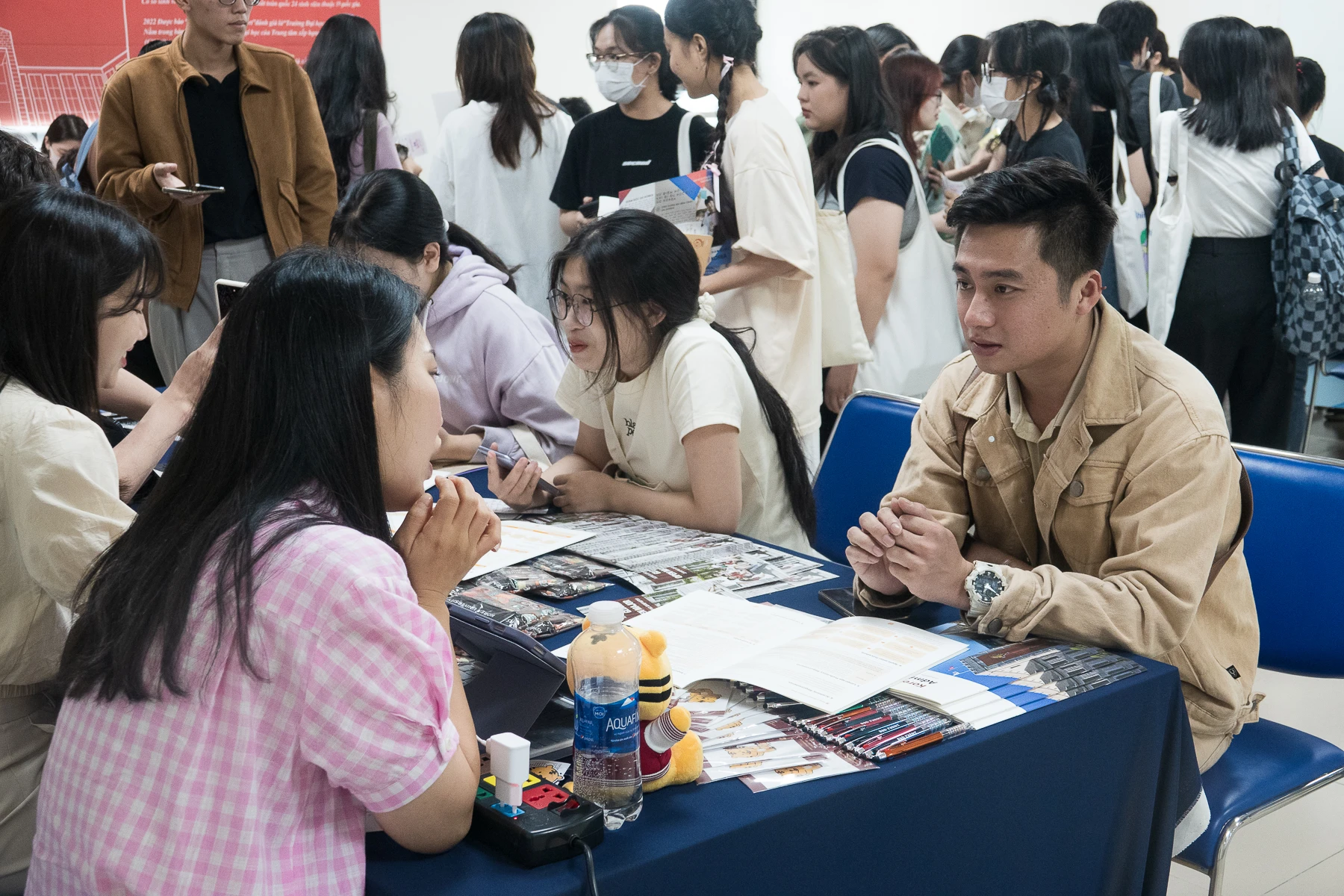
Korea is an attractive destination for many Vietnamese students, especially at the undergraduate level and Korean language courses.
New Zealand is changing its visa policy in a positive direction, said Mr. Allan Mai, Director of AU Hannah Company Limited, visa processing time has been accelerated, sometimes only lasting 3 weeks instead of 6 weeks as before. Regulations are also presented in an easy-to-understand and clear way for parents and students to implement themselves.
South Korea has been continuously announcing new policies related to international education recently, such as reducing financial proof requirements for regular training programs and Korean language courses, or recognizing temporary high school graduation certificates instead of requiring official degrees. Many schools have also removed requirements for essays and recommendation letters from the beginning of 2024, focusing only on academic results in admission criteria.
In addition, Korea also offers many incentives for international students after graduation. For example, from September 2023, the duration of the post-graduation work visa for all majors will be increased to 3 years, instead of 2 years as before.
Opportunity to study abroad for free without scholarships
If choosing to study in Finland in Finnish, Vietnamese students will be exempted from tuition fees from high school to university. According to Mr. Ly Tran Minh Nghia, representative of Finest Future Education Organization, candidates do not need to have high academic scores but only need to achieve Finnish language proficiency at B1.1 level and pass the interview round with the school to be eligible for admission.
In France, Mr. Thomas Nguyen, CEO of Franco-Viet Edu, said that if they register for the work-study program, Vietnamese students will receive 100% of their salary and tuition from the company, and enjoy the same benefits as employees.
In Taiwan, the international major system is an increasingly popular choice for Vietnamese people, according to Ms. Nguyen Thi Khanh Van, Director of Du hoc Uu Viet.
Source link


![[Photo] General Secretary To Lam holds talks with General Secretary and President of China Xi Jinping](https://vstatic.vietnam.vn/vietnam/resource/IMAGE/2025/4/14/b3d07714dc6b4831833b48e0385d75c1)
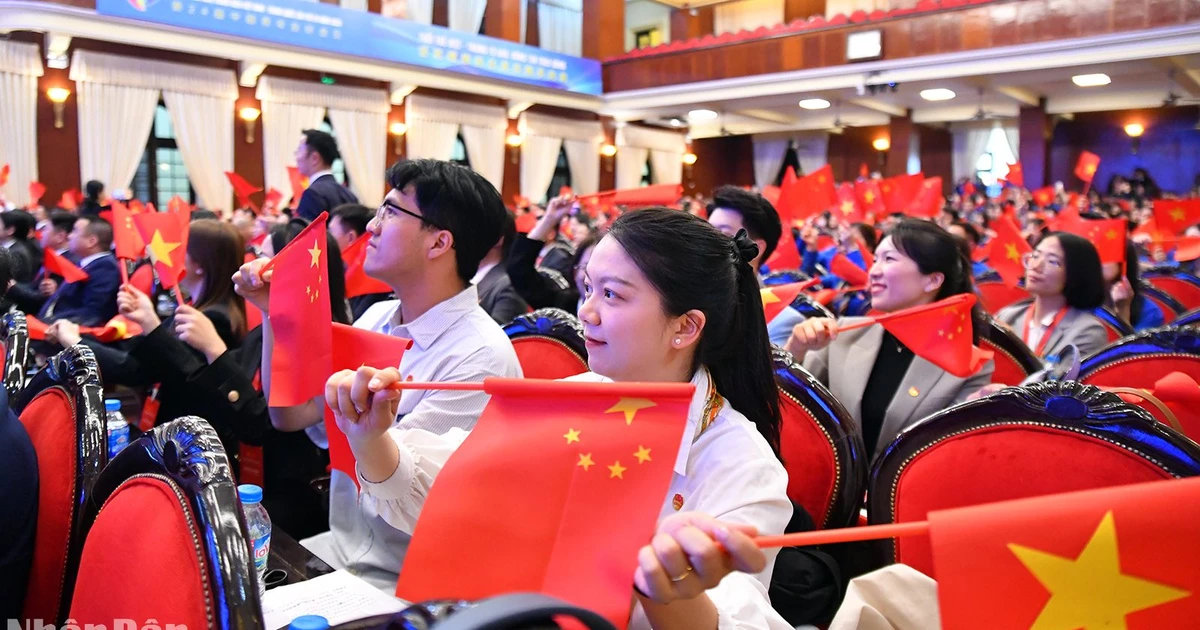
![[Photo] Prime Minister Pham Minh Chinh meets with General Secretary and President of China Xi Jinping](https://vstatic.vietnam.vn/vietnam/resource/IMAGE/2025/4/14/893f1141468a49e29fb42607a670b174)
![[Photo] National Assembly Chairman Tran Thanh Man meets with General Secretary and President of China Xi Jinping](https://vstatic.vietnam.vn/vietnam/resource/IMAGE/2025/4/14/4e8fab54da744230b54598eff0070485)
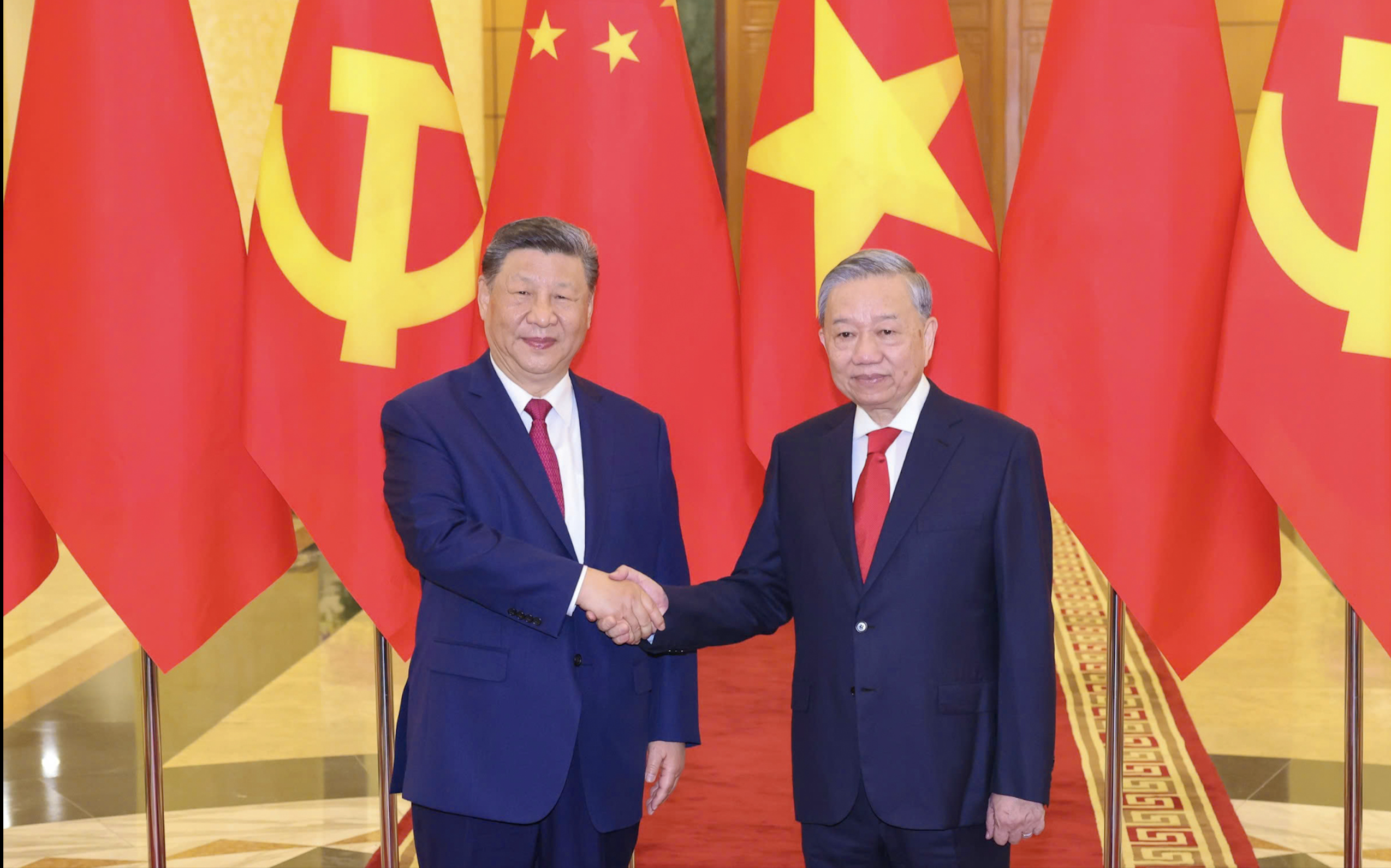
![[Photo] Reception to welcome General Secretary and President of China Xi Jinping](https://vstatic.vietnam.vn/vietnam/resource/IMAGE/2025/4/14/9afa04a20e6441ca971f6f6b0c904ec2)

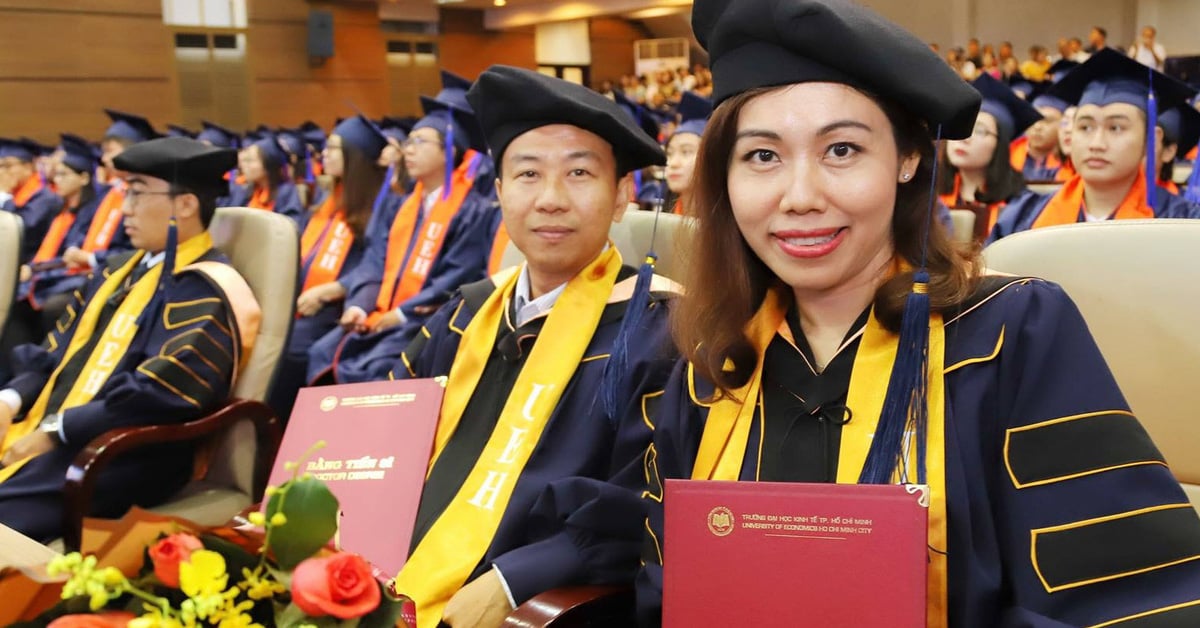

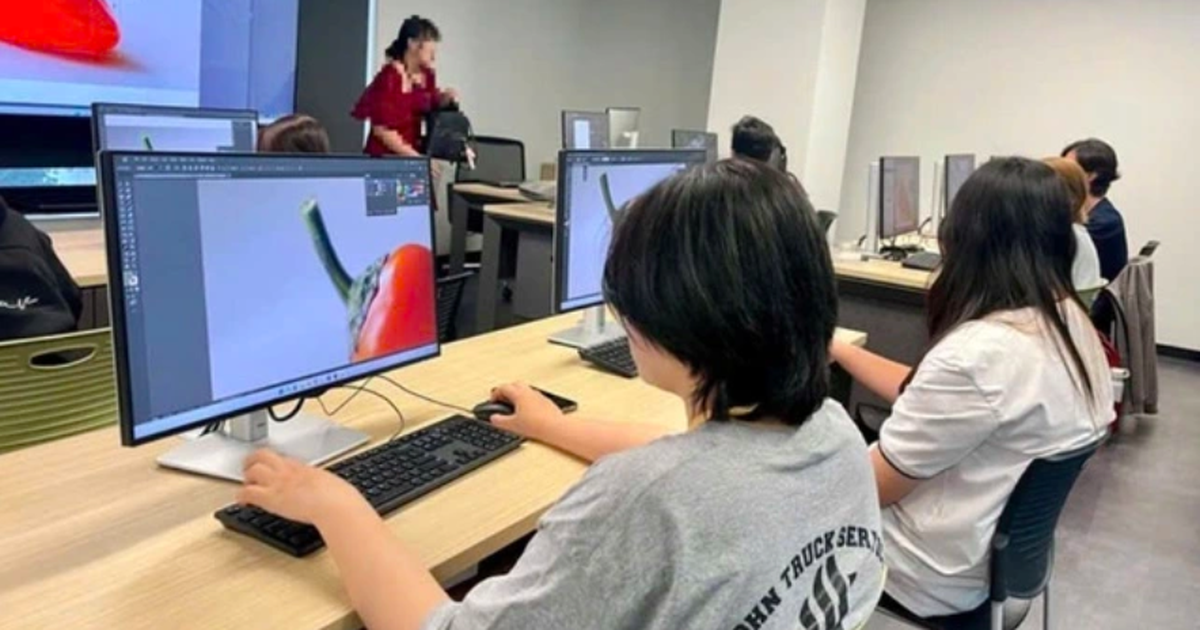


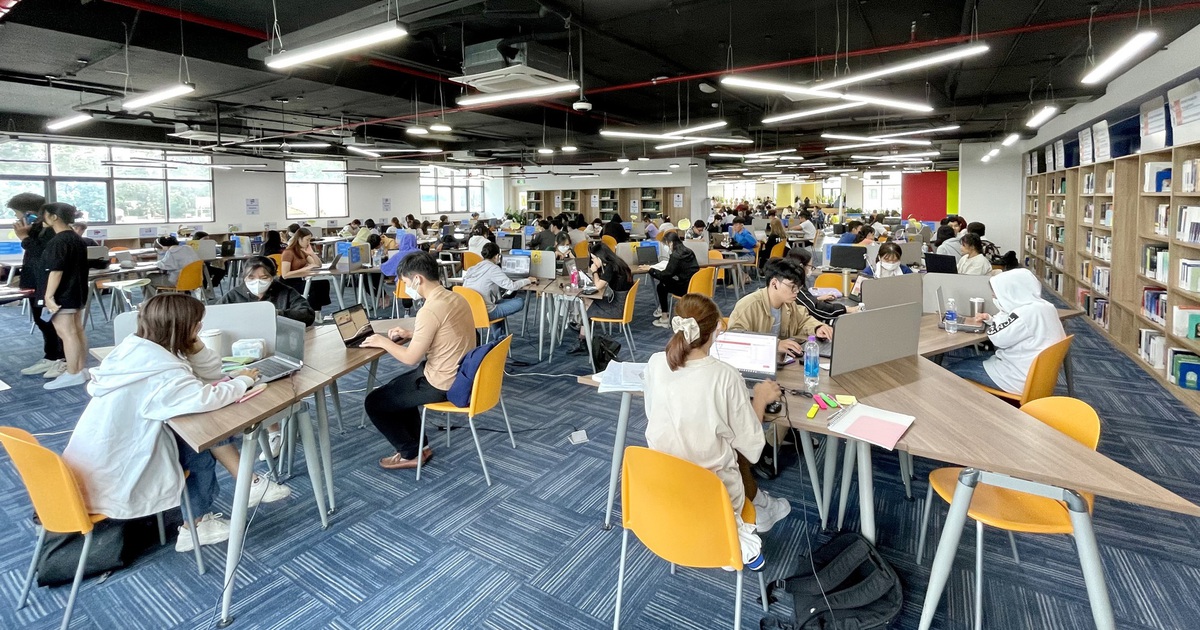
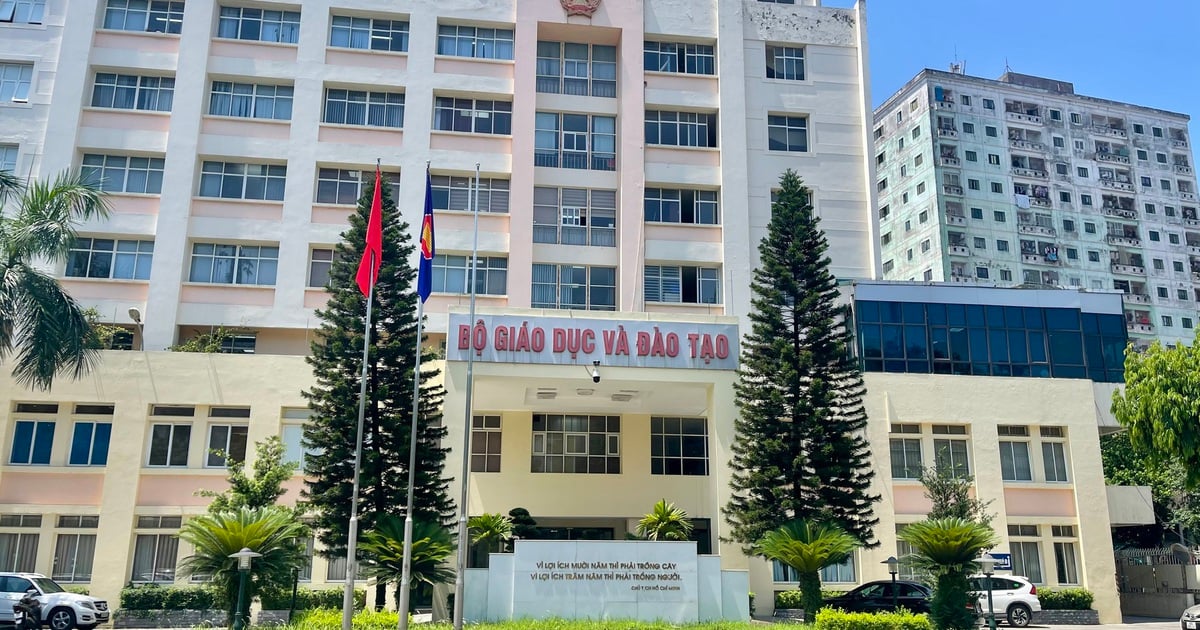
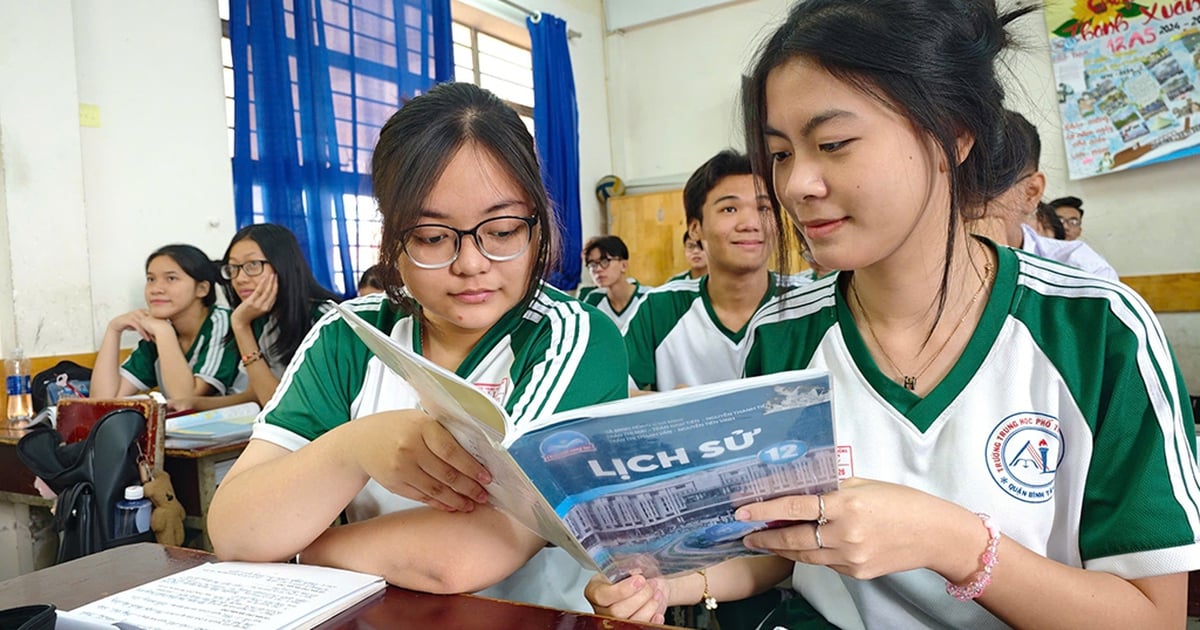
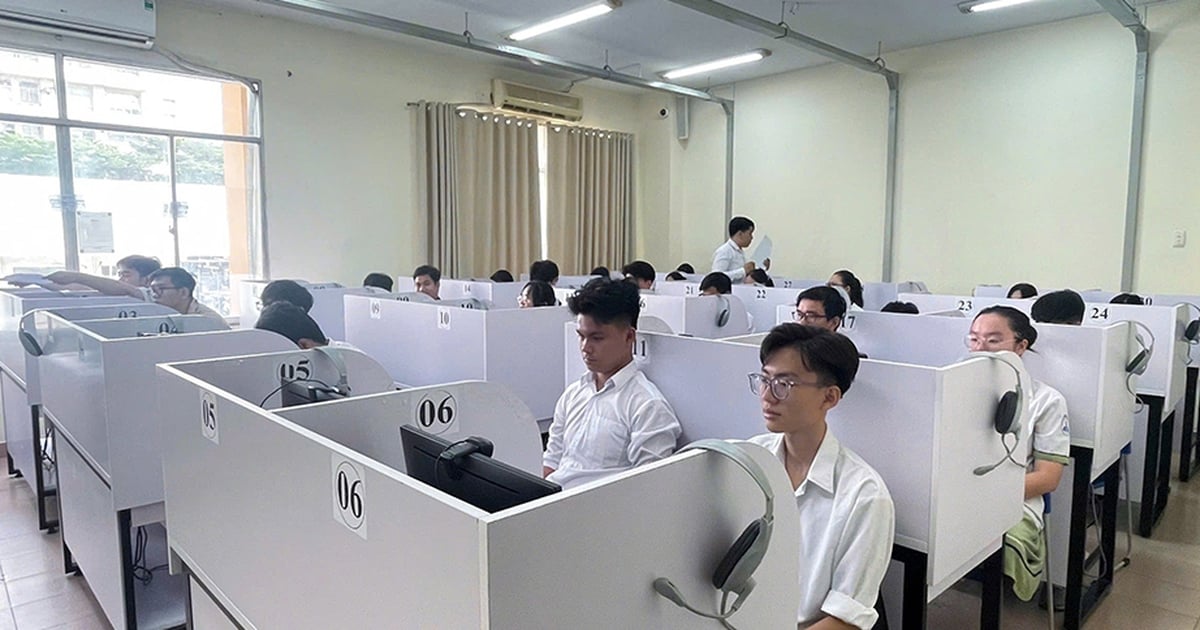
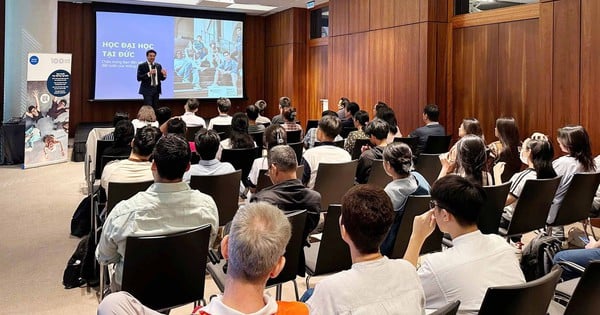
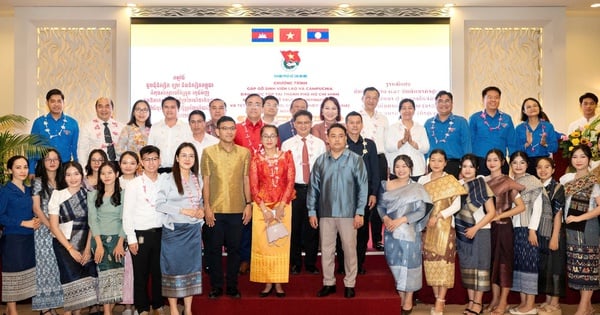
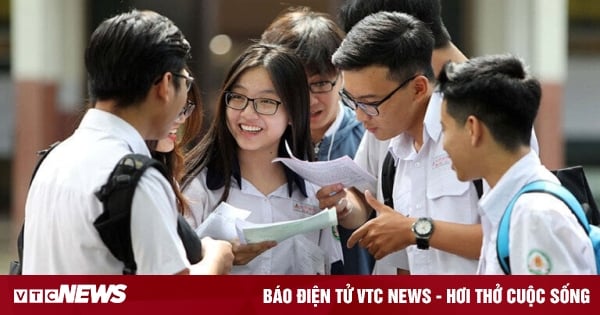
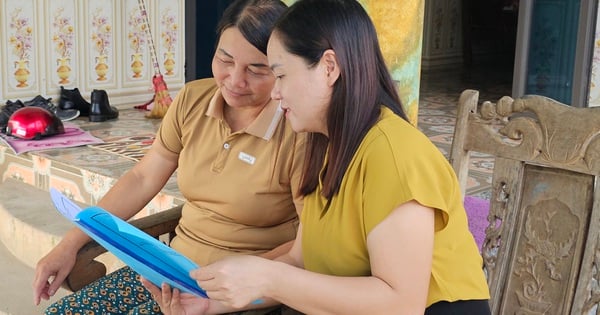




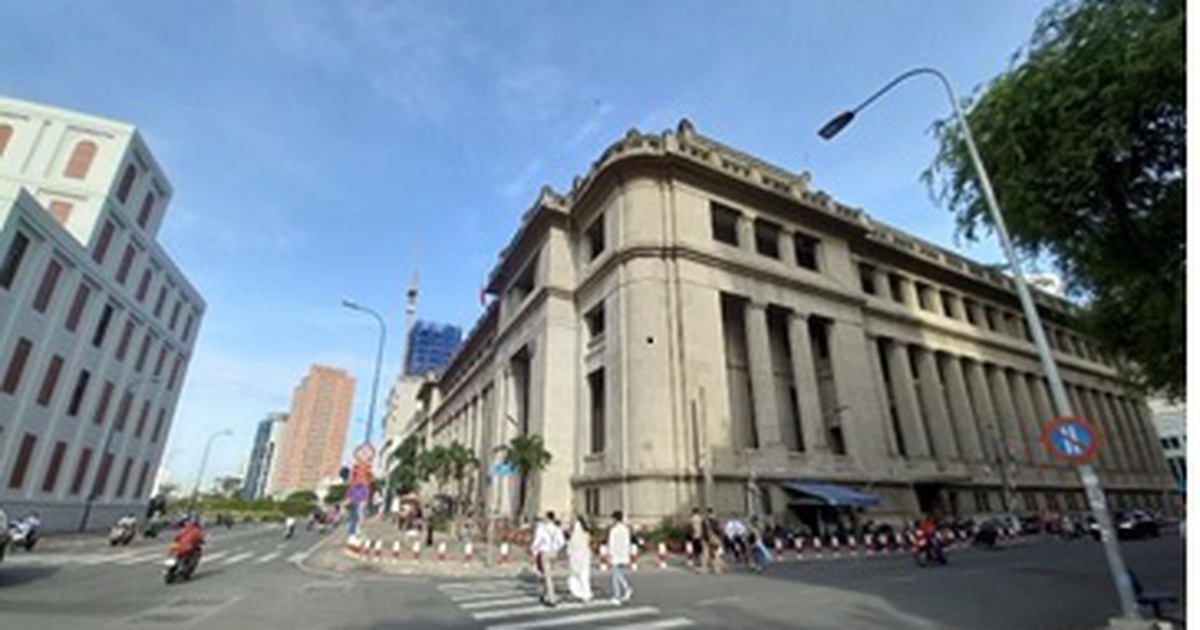



















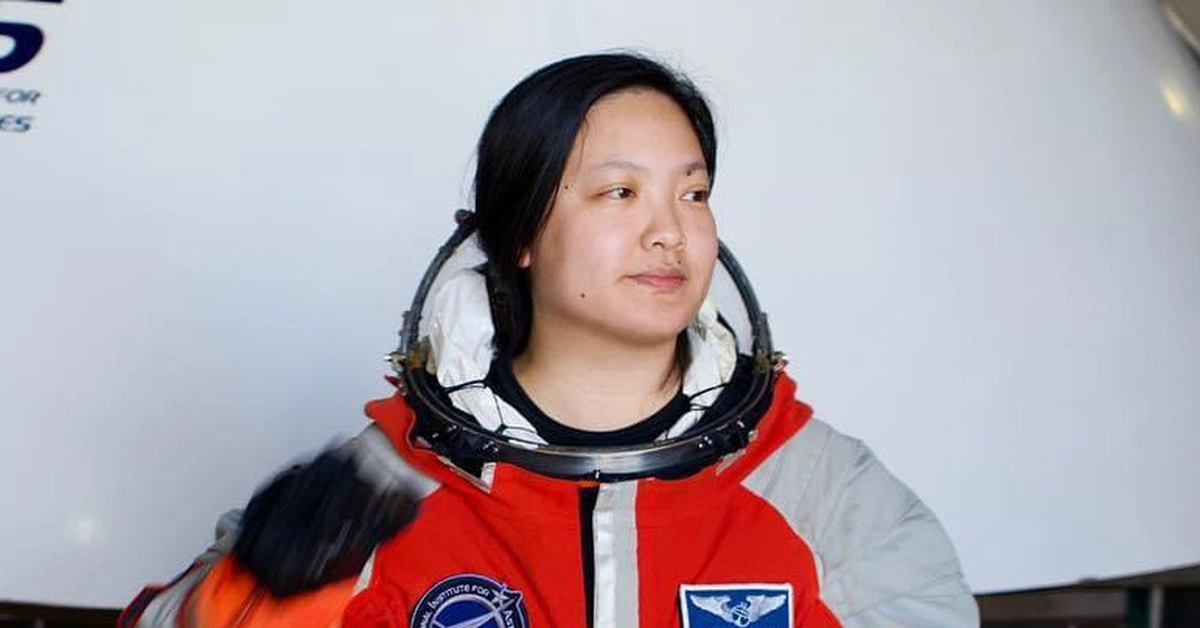


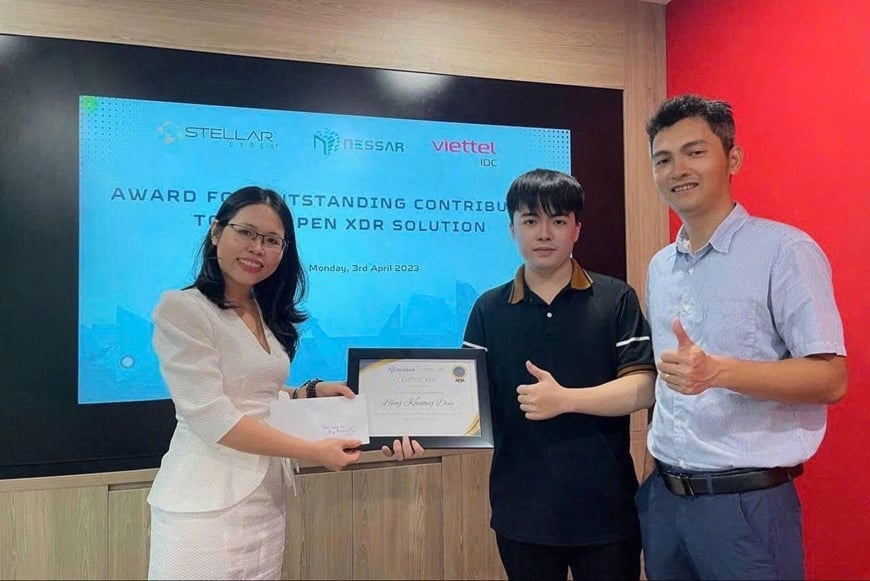

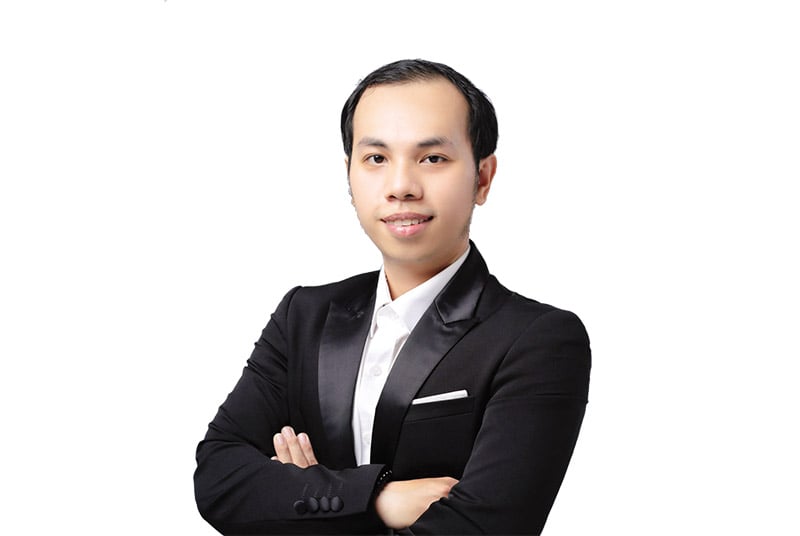











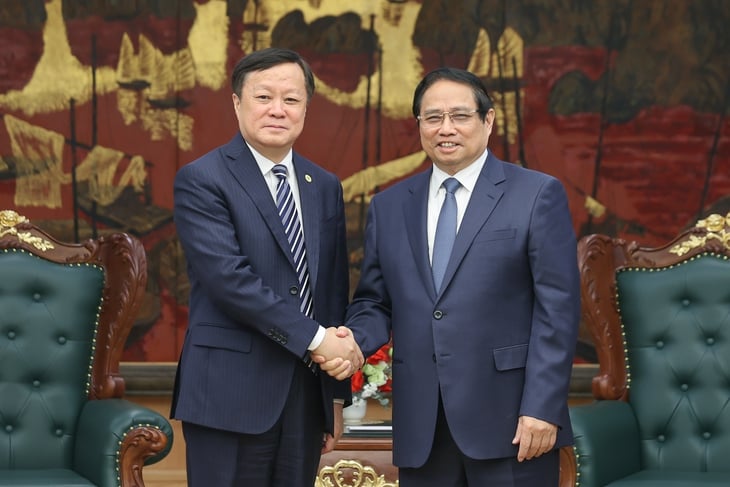
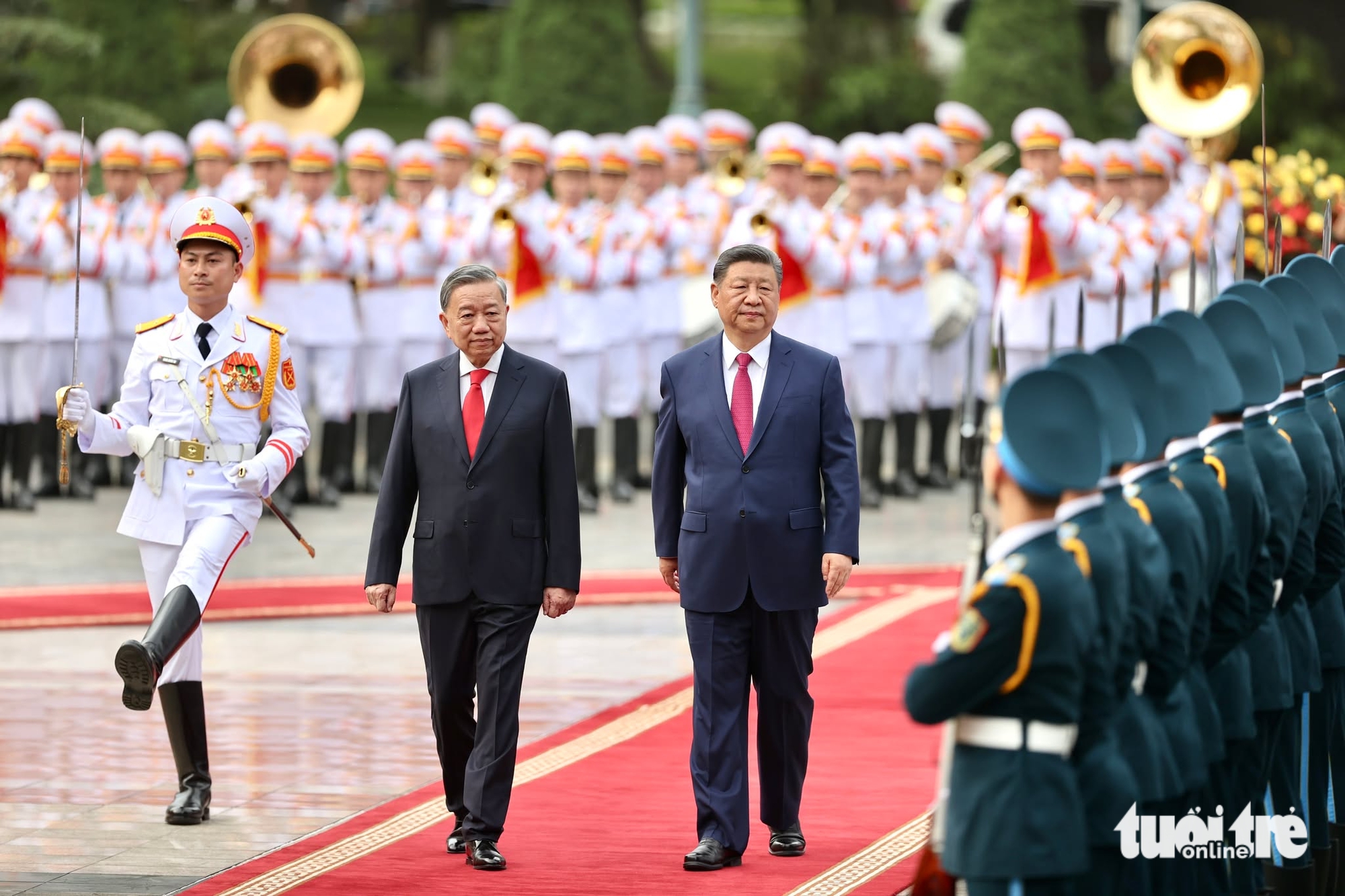
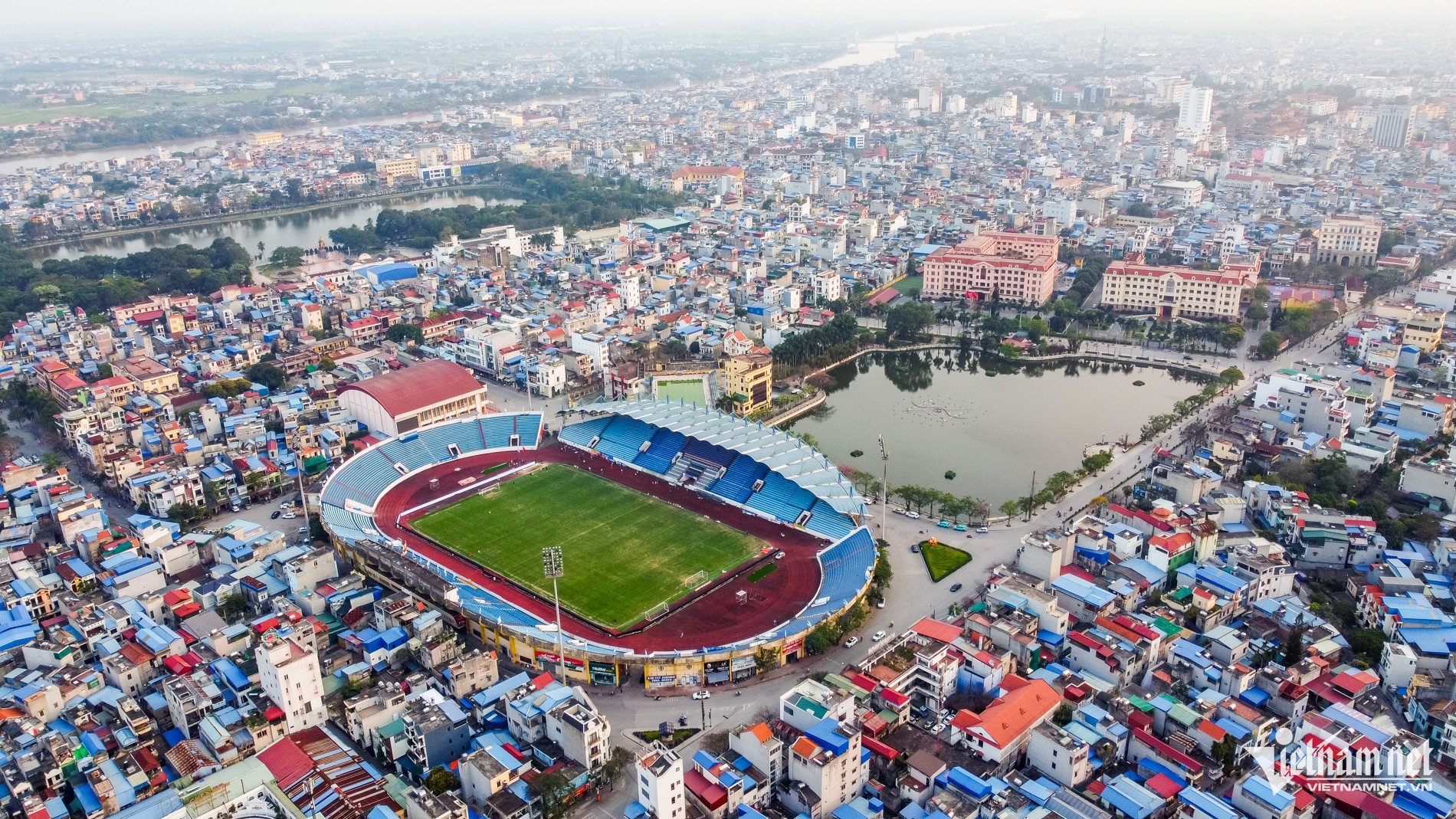
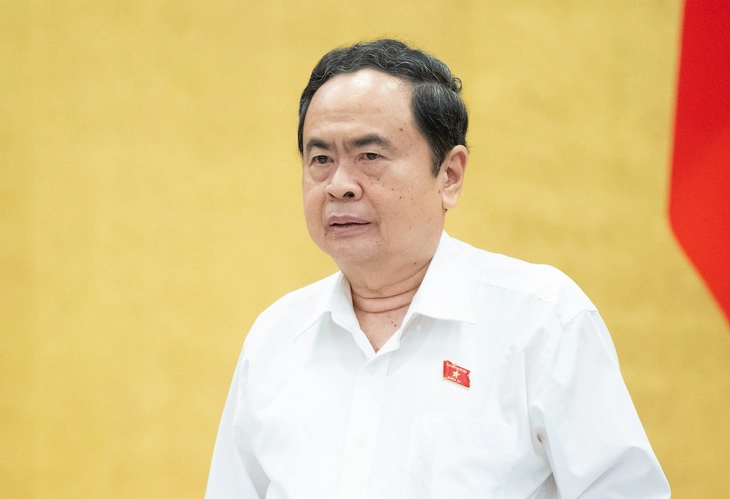





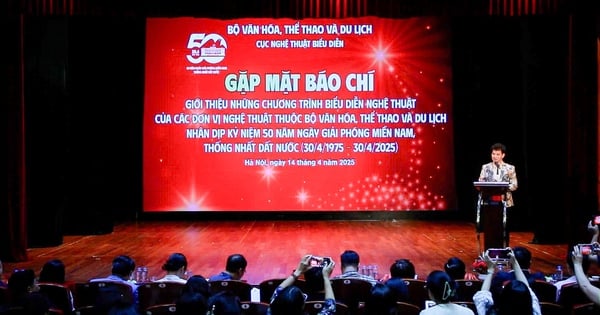






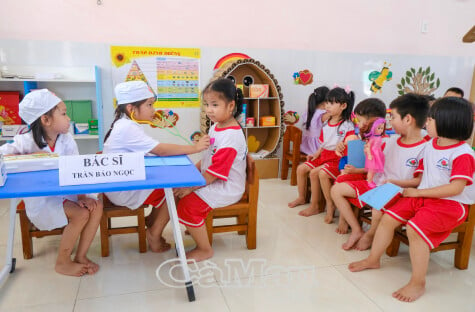
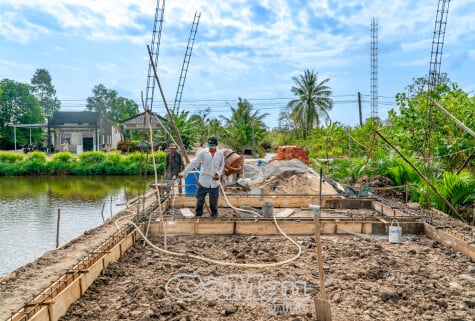
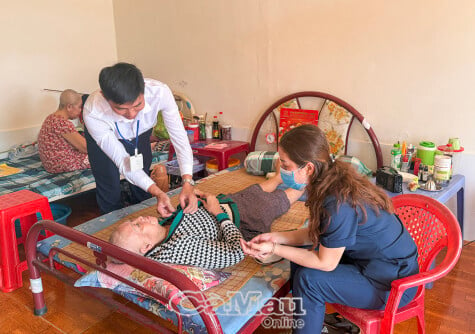










Comment (0)